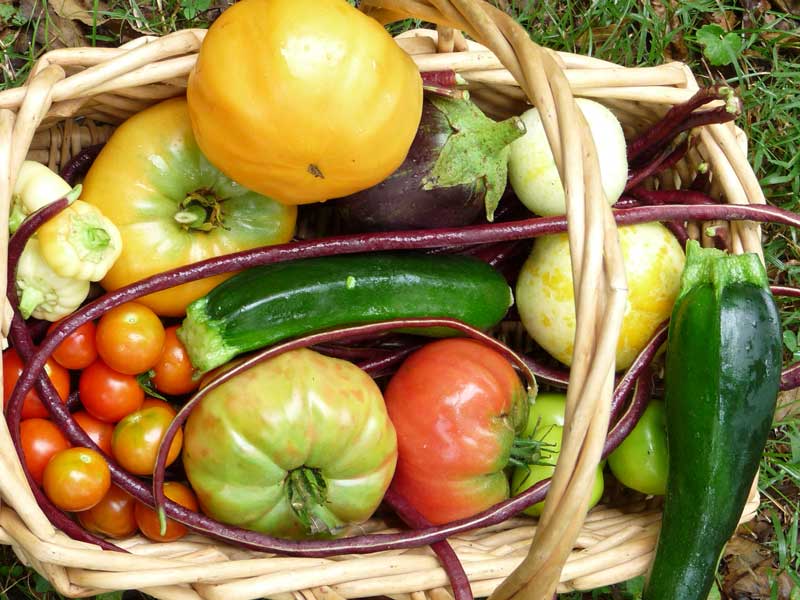Dr. Elizabeth Krogman
Urban Naturalist
Warner Park Nature Center
What’s it Mean to ‘Go Green’
We hear this phrase a lot these days, but what does it really mean? It doesn’t just mean “reduce, reuse, recycle”. It means to consider all aspects of daily living in regard to the resources that we consume and the effect each action has on the earth. It means to consider a willingness to have less convenience in order to reduce our personal “footprint.” It means to consider ourselves as global citizens living in a totally connected world. It means that we have an obligation to become knowledgeable about best practices that help protect the environment and sustain its natural resources for current and future generations.
The UN Development Program reports that the richest 20% of the world’s population consume 86 % of the world’s resources, while the poorest 80 % consume just 14 %.
While China is becoming the world’s leader in total consumption of some commodities (coal, copper, etc.), the U.S. remains the per capita consumption leader for most resources.
National Geographic’s Greendex found that American consumers rank last of 17 countries surveyed in regards to sustainable behavior.
Our per capita use of energy, metals, minerals, forest products, fish, grains, meat, and even fresh water dwarfs that of people living in the developing world.
Bringing it Home
It’s so easy for us who live in green, wet, lush Tennessee to forget that we are not the norm in this world. Our Warner Parks is an especially luxuriant oasis, blessed by many who are dedicated to sustaining a natural environment, and who can give time and money to accomplish this goal. Can this gratitude be turned into an awareness and commitment to personally live more sustainably? Can we actually become global citizens who advocate for environmental justice?
We Walk the Path, Step by Step
Things we might not have considered.
A green home lifestyle includes contributing as little waste as possible, eliminating toxic substances and reducing our use of power and water. Saves money, too!
Living a sustainable lifestyle is about consuming less in general. It’s about living a minimal lifestyle – cutting out needless buys. Online shopping is particularly damaging when you consider packaging, transportation, and utility costs those huge warehouses consume.
Think about packaging. Make better choices by buying unpackaged fruit and vegetables, or opting for cans and cardboard that are widely recycled instead of plastic. In 2021, only 9% of all plastic is recycled. The rest of it usually ends up in oceans. As recycling statistics estimate, there will be 12 billion metric tons of plastic in landfills by 2050. If we can find the land to fill.
Natural fibers are eco-friendly. Many fabrics, like polyester, contain microfibers that go into our water and into marine life when we wash our clothes.
Support businesses that are committed to eco-friendly practices. Shop locally. Use our buying power, it works! More and more companies are moving into sustainable practices. But beware of false claims which make some large businesses seem eco-friendly when actual practice is damaging. This is called greenwashing. Google tips to spot this practice.
Eat locally and seasonally. Support our local farmers’ market and support low-scale food agriculture which tends to be more kind to the Earth. Eat less meat. Huge greenhouses use massive amounts of resources and heat energy to grow vegetables out of season and transportation creates more green-house gases.
And, don’t forget that our voices and our votes do count. Advocate for sustainable practices.
So, what does ‘going green’ mean? It means living our lives as a community that feels responsibility towards others, protects the natural environment, and lives a lifestyle that the Earth can sustain.


